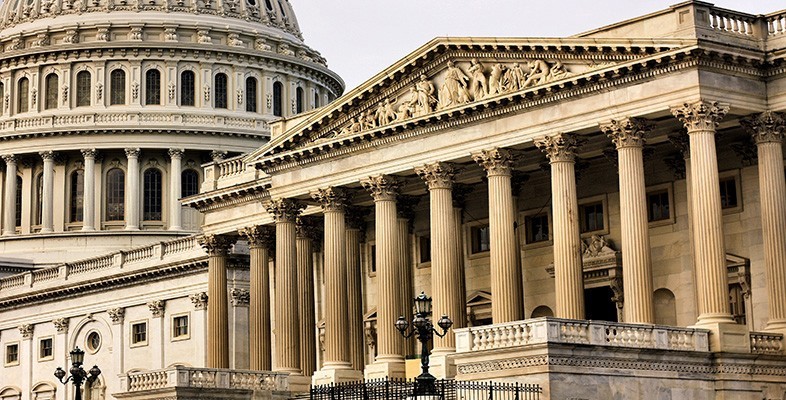Home » Course Layouts » Free Course Layout Udemy
Historians on both sides of the Atlantic have argued that the empire was not an issue of popular interest in late nineteenth-century Britain and the United States. In this free course, Late nineteenth-century Britain and America: The people and the empire, we shall look more closely at the evidence available to assess the truth of this argument. Were the working people, as opposed to the political leaders, interested in the issue of expansion? Was such interest evident only among certain sections of the community? Was it predominantly an enthusiasm for empire, or not? We shall also try to identify some of the reasons underlying the nature of the response. And we shall be interested in how far politicians found it worth their while to 'play to the gallery' and to manipulate popular opinion. Through it all, we shall be facing some acute problems of evidence: is it possible to discover what 'ordinary' people thought about expansionism?
0
58
English
English [CC]
- Learn basic syntax that can apply to any language.
- Learn what is a programming language and the basic concepts for beginners.
- Understand what is Javascript in it's truest form.
- Know the basic syntax of Javascript.
- Know some hidden quirks in Javascript.
Description
Introduction
Historians on both sides of the Atlantic have argued that the empire was not an issue of popular interest in late nineteenth-century Britain and the United States. This course examines some of the evidence available to assess the truth of this claim. More broadly, the course raises questions related to evidence: is it possible to discover what ‘ordinary’ people thought about expansionism? ‘I couldn't give a damn’; ‘I don't know anything about politics’; ‘Why don't they leave us to get on with it?’ How often do we hear sentiments similar to these from the people on the proverbial street today? Yet there are some political issues which do arouse popular interest and concern. Historians on both sides of the Atlantic have argued that the empire was just such an issue in late nineteenth-century Britain and the United States. They urge that the question of expansion drew an enormous response from among the workers.Learning Outcomes
After studying this course, you should be able to:- Demonstrate an awareness of the problems related to evidence for supporting claims on ‘ordinary’ people’s attitudes
- Demonstrate an awareness of popular responses to the South African War (1899-1902)
- Understand attitudes to imperialism held by Americans.
Course content
-
- Popular Responses to the South African War, 1899–1902 01:30:00
-
- The Americans and Imperialism 01:20:00
- A Comparison of Attitudes 00:50:00
N.A
- 5 stars0
- 4 stars0
- 3 stars0
- 2 stars0
- 1 stars0
No Reviews found for this course.










